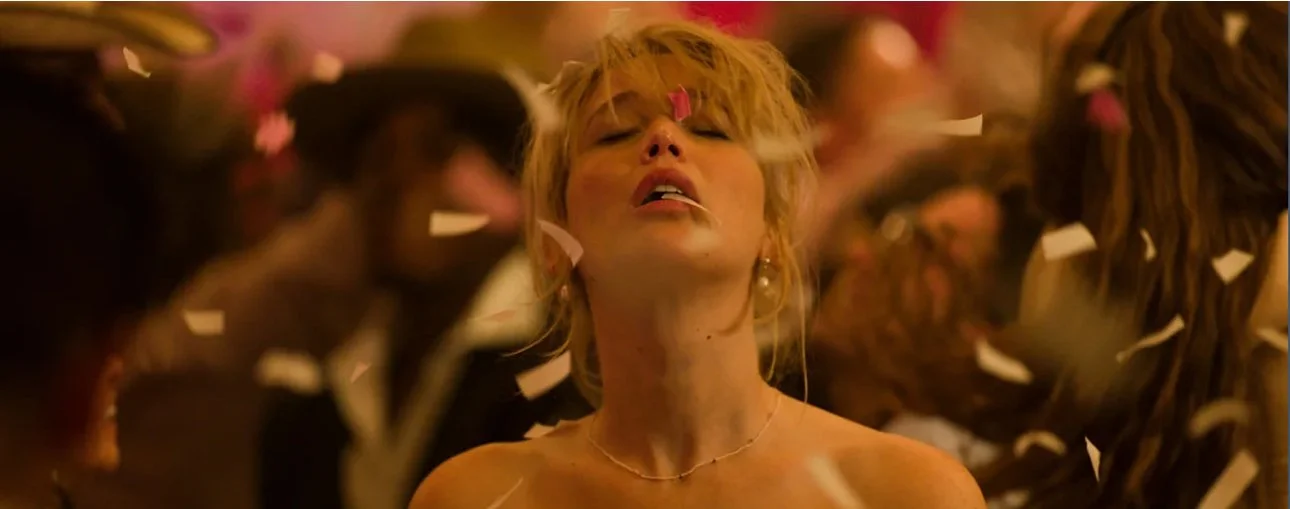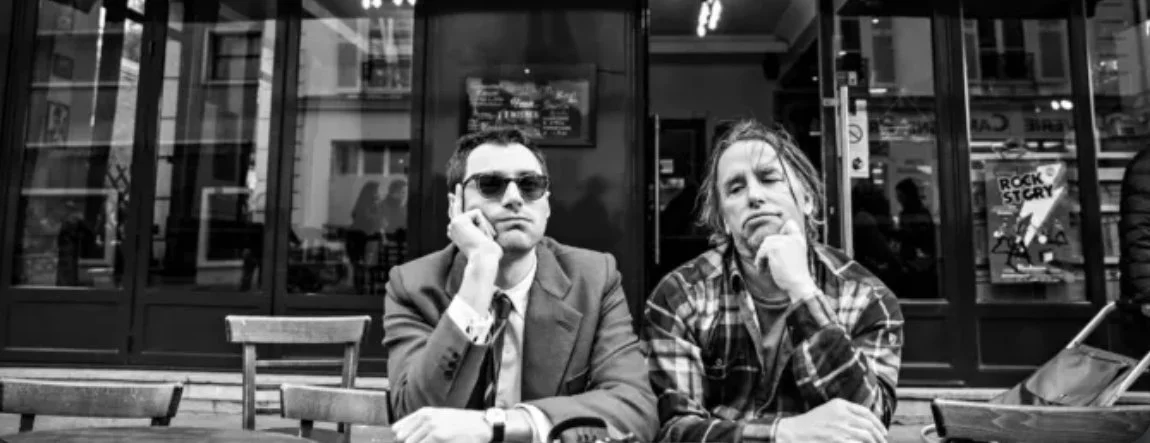Former Academy head honcho and producer Sid Ganis was quoted at Telluride as saying that he believed Kenneth Branagh’s “Belfast” “to be one of the best films he’s ever seen in his life.” One has to wonder about Ganis’ current-day movie tastes since “Belfast” is a rather overemotional family drama that, at times, reminded me of a token “Leave it to Beaver” episode.
Based on Branagh’s own childhood in Ireland, “Belfast” delivers a hazy tackling of the social and political issues going on in northern Ireland back in 1969, including the civil war between Protestants/Catholics and the strenuous marriage of his parents. Branagh delivers it all in “Roma”-esque black and white, but with none of the artful resonance or subtleties of Alfonso Cuaron’s classic.
Child actor Jude Hill, playing Buddy, a young Branagh, brings an insufferable amount of wide-eyed twee. It’s all spearheaded by a litany of Van Morrison songs that don’t add up to much except to tell the viewer “hey, this singer is Irish too!” Branagh’s romantic depiction of his youth can sometimes sneak in some passionate moments, most of which involve Cieran Hinds‘ genuinely charming performance as the kid’s affectionate grandpa.
It’s all rendered in rather ineffective and obvious ways by Branagh; the first crush, going to the cinema, an absent father, catholic school. Despite Buddy guiding us through the story, the whole thing sorely lacks a point-of-view, we never really get to know the boy well enough to get emotionally invested in the story. There’s also a lack of cohesion, we never truly are transported by the narrative because we’re never really sure what it is trying to say to us. The end result is a mix of scattershot moments that want to feel personal and loveable, but end up isolating us.
For such a personal statement, “Belfast” feels too on-the-nose, there’s no grittiness, it plays like an odd mix of “Roma” and “Jojo Rabbit.” [C]





